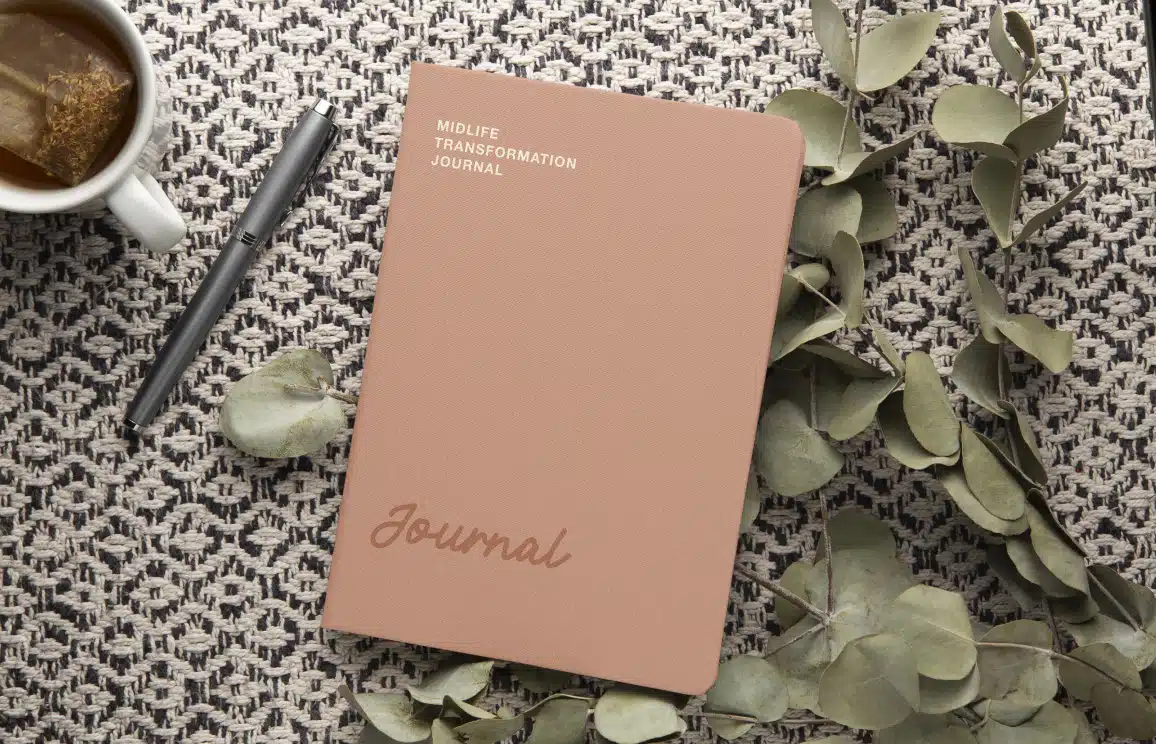7 Must-Have Features of a Great Psychology Workbook Design Service
Designing a workbook specifically for psychology involves more than just arranging text and images on a page. It requires an understanding of how people learn, reflect, and apply therapeutic exercises in their everyday lives. Whether you’re a therapist, counselor, coach, or an educator in the mental health space, choosing the right Psychology Workbook Design Service can make a significant difference in how effectively your workbook engages and supports its users.
Below are seven must-have features to look for in a design service that specializes in psychology workbooks:
1. Strong Knowledge of Psychology
A psychology workbook is more than a set of worksheets. It often guides readers through introspective exercises, emotion regulation techniques, or cognitive behavioral strategies. A service that truly excels in this niche will have a foundational understanding of psychological principles—everything from basic therapy models to how visual cues can influence emotional states. This knowledge ensures that every exercise is presented in a way that is accurate, empathetic, and beneficial to the end user.
Why It Matters:
- Prevents misinterpretation of psychological concepts.
- Builds trust with mental health professionals who rely on evidence-based approaches.
- Improves user outcomes by aligning design with therapeutic goals.
2. Knowledge of User Interface & Graphic Design
Visual appeal and intuitive design go a long way in motivating users to complete a workbook. Experienced graphic designers know how to use color, typography, and layout to communicate effectively and keep readers focused on each exercise. By blending user interface (UI) sensibilities with traditional graphic design skills, a Psychology Workbook Design Service can create engaging, easy-to-follow pages that encourage sustained participation.
Why It Matters:
- Makes the workbook visually inviting, reducing “worksheet fatigue.”
- Improves readability and flow, keeping users on track with minimal frustration.
- Ensures consistent brand identity for professionals who want a cohesive look and feel.
3. Focus on User Experience (UX)
A workbook isn’t just a static document; it’s an interactive journey that guides users step-by-step. A quality design service will consider the user’s emotional and cognitive needs at each phase of the workbook. This involves structuring content in logical sequences, placing instructions where they are most helpful, and incorporating elements like checklists or progress indicators.
Why It Matters:
- Enhances engagement through thoughtful navigation and layout.
- Prevents overwhelm by breaking down complex exercises into manageable pieces.
- Provides a sense of accomplishment as users progress through the workbook.
4. Technical Skills for Fillable & Compatible Formats
Many people prefer to complete worksheets digitally—especially if they’re working remotely with a therapist, coach, or instructor. A top-tier Psychology Workbook Design Service should be able to produce fillable PDFs and ensure compatibility across different devices and platforms. This might include adding clickable checkboxes, fields for typed responses, and easy-to-use digital navigation.
Why It Matters:
- Accommodates diverse user preferences for both print and digital formats.
- Streamlines collaboration between mental health professionals and clients through shared digital documents.
- Reduces paper clutter and increases portability for on-the-go users.
5. Collaborative Approach with Mental Health Professionals
Effective workbook design often requires ongoing dialogue between designers and mental health experts. When the service welcomes feedback, requests clarifications, and actively involves you in key design decisions, the end result more accurately reflects your therapeutic goals. This collaboration can include reviewing draft pages, testing exercises, and refining the layout based on practitioner insight.
Why It Matters:
- Incorporates real-world expertise from therapists, counselors, or coaches.
- Ensures exercises align with the intended therapeutic or educational framework.
- Builds a sense of ownership and confidence in the final product.
6. An Eye for Detail and Quality Assurance
Small details can significantly impact user experience. Misspelled words, inconsistent formatting, or unclear instructions can undermine the credibility of an otherwise well-structured workbook. A thorough Psychology Workbook Design Service will proofread content, maintain consistent styling, and verify that all interactive elements function correctly in fillable documents.
Why It Matters:
- Upholds professional standards that reflect well on your practice or organization.
- Avoids reader confusion and reduces the need for time-consuming corrections.
- Maintains a polished look that aligns with high-quality therapeutic materials.
7. Adaptability to Different Psychotherapy Modalities
Whether your workbook focuses on Cognitive Behavioral Therapy (CBT), Dialectical Behavior Therapy (DBT), mindfulness practices, or a blend of multiple methods, the design service should adapt its approach to suit each framework. This flexibility involves adjusting layouts, worksheets, and even visual themes so that they resonate with the techniques being taught.
Why It Matters:
- Creates a workbook that feels uniquely tailored to each modality.
- Increases the odds of successful client engagement by matching the therapeutic style.
- Allows for easier updates or expansions if you plan to introduce new sections or additional modalities later on.
Bringing It All Together
A Psychology Workbook Design Service that excels in these seven features—deep understanding of psychology, strong graphic design capabilities, user-friendly layouts, technical know-how for digital compatibility, collaborative processes, meticulous attention to detail, and adaptability to various therapy methods—can have a real impact on both the professional and the end user.
At our studio, we integrate all these core elements into our workbook design projects. By combining expertise in psychology with proven design strategies and a user-centric approach, we strive to create materials that benefit mental health professionals and their clients alike—without resorting to any hard-sell tactics.
If you’re exploring options for your next psychology workbook, keep these seven must-have features in mind to ensure you’re partnering with a design service that truly meets your needs.
Also read: A Step-by-Step Approach to Collaborating with a Workbook Creation Service

